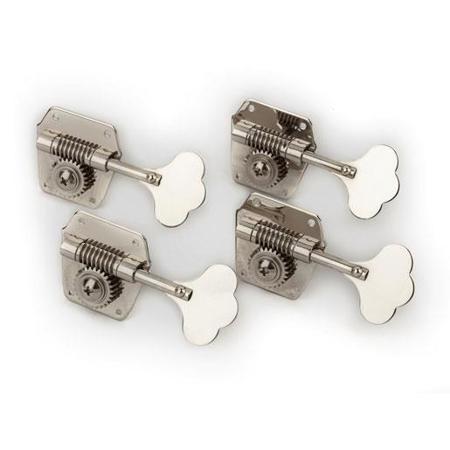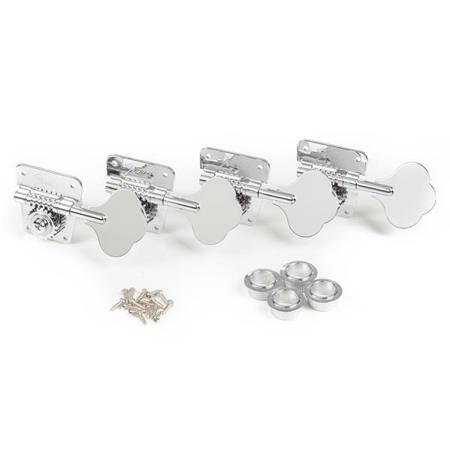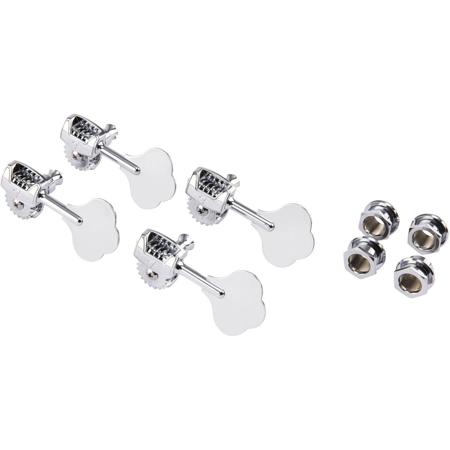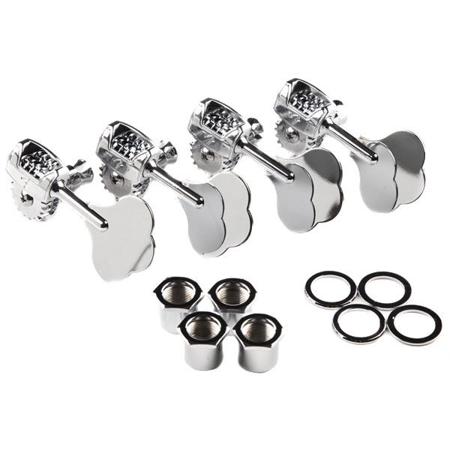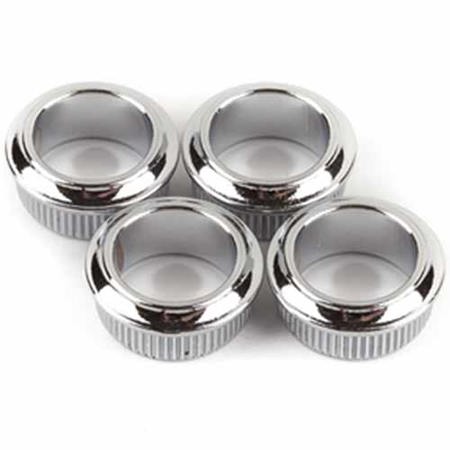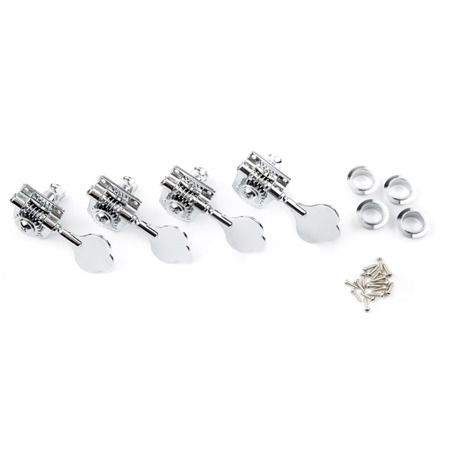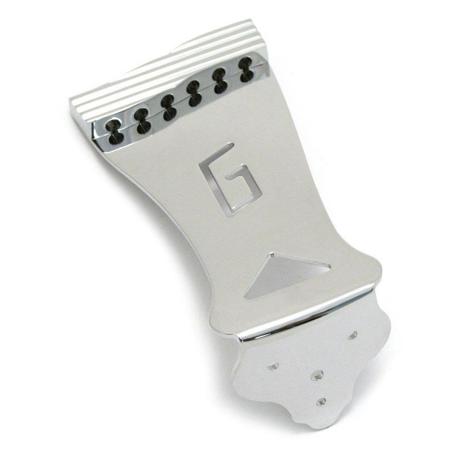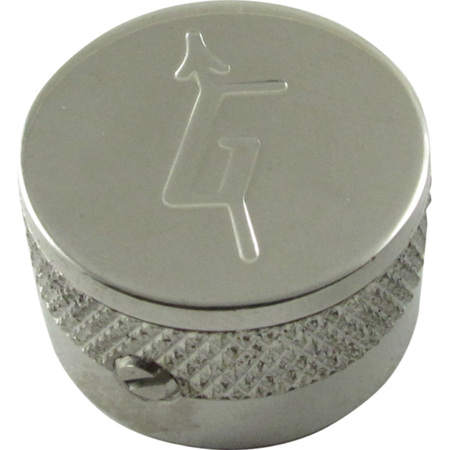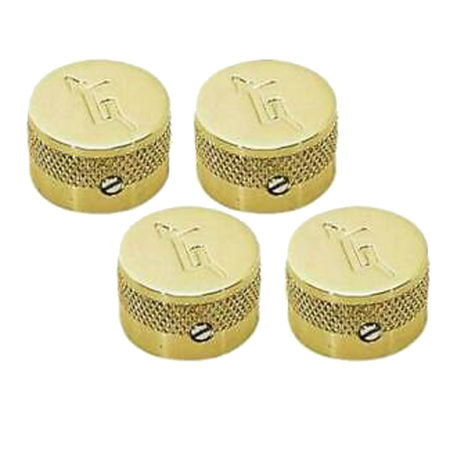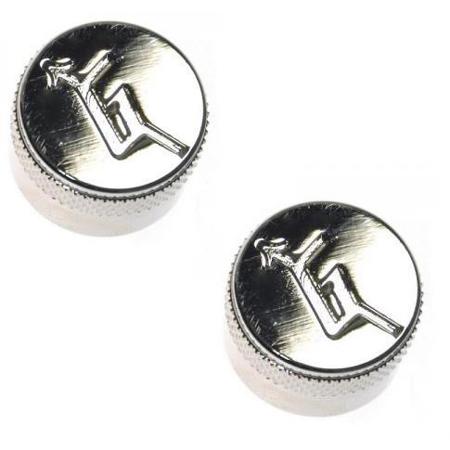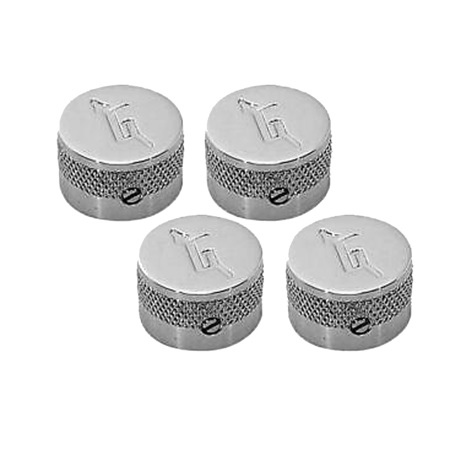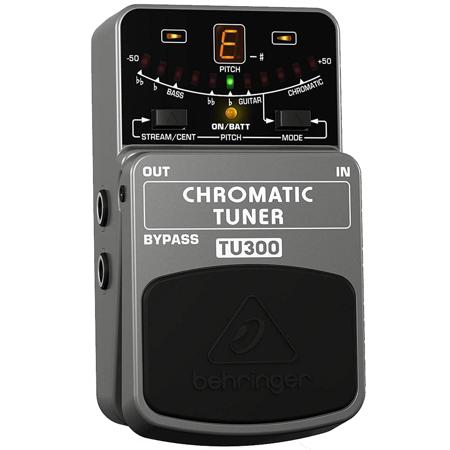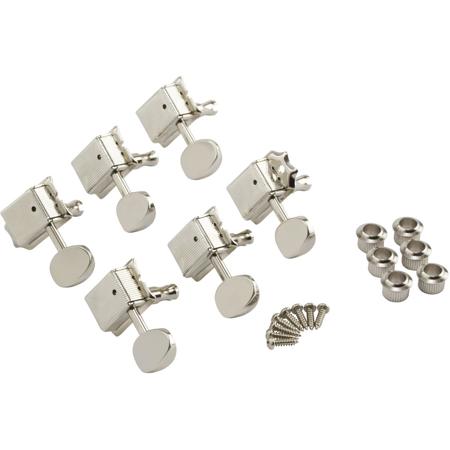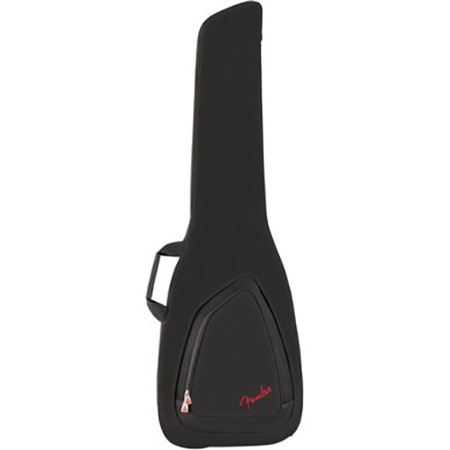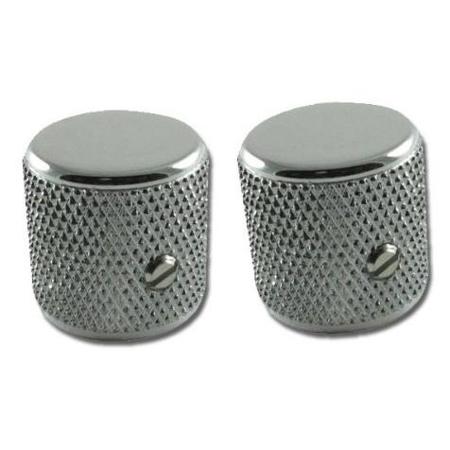Bass Guitar Tuning Machines
Bass guitar tuning machines, often called machine heads or tuning pegs, are the unsung heroes of every bassist’s toolkit. Whether you’re a seasoned performer hitting the stage night after night or a hobbyist perfecting your groove at home, the tuning machines on your bass guitar are the first line of defense against unwanted detuning and pitch instability. Each tuning machine operates through a gear mechanism, allowing you to adjust the string tension precisely—turning the key clockwise or counterclockwise to raise or lower the pitch. This simple yet crucial function ensures that every note you play rings true, whether you’re thumping out a funky rhythm or sustaining a melodic solo. Smooth and accurate tuning is not just a matter of convenience; it’s essential for maintaining the rich, resonant sound that defines the bass guitar. The tactile feel of a well-made tuner, the satisfying click as you dial in your string’s pitch, and the peace of mind knowing your bass will stay in tune through an entire set are all part of the experience. For those who have ever struggled with slipping tuners or erratic tuning, upgrading to high-quality bass guitar tuning machines can be a revelation, transforming the reliability and playability of your instrument.
When choosing tuning machines, there are several key features to consider, each playing a significant role in both performance and comfort. Gear ratio is a primary consideration; higher ratios allow for finer, more precise adjustments, which is invaluable for genres demanding perfect intonation. The weight of the tuners can also impact the balance of your instrument, especially if you play for extended periods or use a lighter bass—opting for lightweight tuners can help prevent neck dive and fatigue. Durability is another critical factor; robust, well-engineered tuners are built to withstand the rigors of travel, temperature changes, and countless hours of playing, ensuring that your bass stays reliable over the years. The mounting style—whether it’s 3L/3R, 4L, or another configuration—needs to match your bass’s headstock for a seamless fit, and aesthetic preferences like knob shape and finish can add a personal touch to your instrument’s look. Installation is generally straightforward for those comfortable with basic tools, but it’s always wise to double-check compatibility and measurements before making a selection. For players who regularly switch tunings or perform in challenging environments, investing in a set of enclosed tuners can offer added protection against dust and debris, keeping your gear in top condition even after late-night gigs or outdoor festivals.
Bass guitar tuning machines also make thoughtful and practical gifts for musicians at any stage of their journey. As autumn sets in and the season of giving approaches, upgrading a friend’s or loved one’s bass with a new set of tuners can breathe new life into their playing experience, offering both functional benefits and a touch of personalization. From aspiring students learning their first scales to touring professionals fine-tuning their tone, everyone appreciates the confidence that comes from reliable tuning hardware. And for those looking to dive deeper into customizing their instrument, exploring a broader range of Bass Guitar Hardware can open up new creative possibilities, from bridges and pickups to knobs and strap locks. Ultimately, the right set of bass guitar tuning machines is more than just a mechanical necessity—it’s an investment in the sound, feel, and joy of playing music, ensuring that every note you play is as true and expressive as your passion for the instrument.
When choosing tuning machines, there are several key features to consider, each playing a significant role in both performance and comfort. Gear ratio is a primary consideration; higher ratios allow for finer, more precise adjustments, which is invaluable for genres demanding perfect intonation. The weight of the tuners can also impact the balance of your instrument, especially if you play for extended periods or use a lighter bass—opting for lightweight tuners can help prevent neck dive and fatigue. Durability is another critical factor; robust, well-engineered tuners are built to withstand the rigors of travel, temperature changes, and countless hours of playing, ensuring that your bass stays reliable over the years. The mounting style—whether it’s 3L/3R, 4L, or another configuration—needs to match your bass’s headstock for a seamless fit, and aesthetic preferences like knob shape and finish can add a personal touch to your instrument’s look. Installation is generally straightforward for those comfortable with basic tools, but it’s always wise to double-check compatibility and measurements before making a selection. For players who regularly switch tunings or perform in challenging environments, investing in a set of enclosed tuners can offer added protection against dust and debris, keeping your gear in top condition even after late-night gigs or outdoor festivals.
Bass guitar tuning machines also make thoughtful and practical gifts for musicians at any stage of their journey. As autumn sets in and the season of giving approaches, upgrading a friend’s or loved one’s bass with a new set of tuners can breathe new life into their playing experience, offering both functional benefits and a touch of personalization. From aspiring students learning their first scales to touring professionals fine-tuning their tone, everyone appreciates the confidence that comes from reliable tuning hardware. And for those looking to dive deeper into customizing their instrument, exploring a broader range of Bass Guitar Hardware can open up new creative possibilities, from bridges and pickups to knobs and strap locks. Ultimately, the right set of bass guitar tuning machines is more than just a mechanical necessity—it’s an investment in the sound, feel, and joy of playing music, ensuring that every note you play is as true and expressive as your passion for the instrument.
